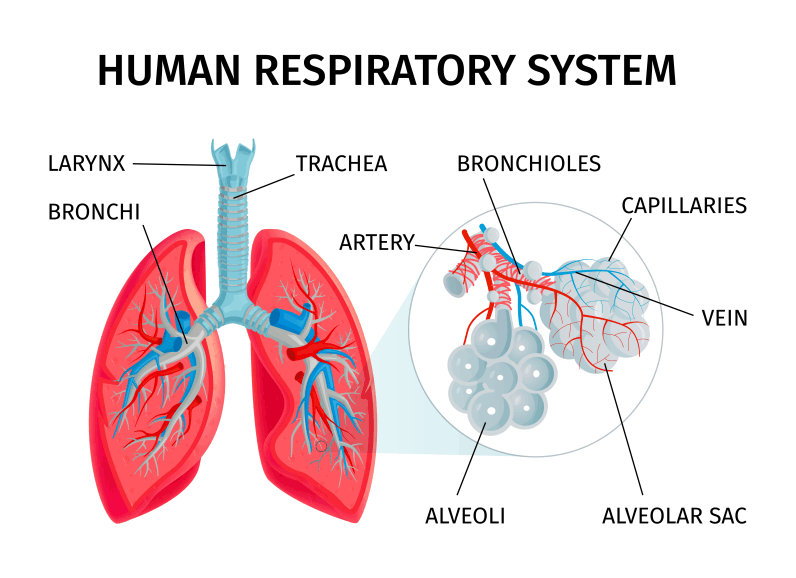Gastrointestinal
The digestive system is responsible for breaking down food and absorbing nutrients to provide the body with energy and support growth and development. It includes the mouth, oesophagus, stomach, small intestine, large intestine, rectum, and anus. Any disruption or abnormality in the digestive system can cause gastrointestinal (GI) symptoms such as nausea, vomiting, diarrhoea, constipation, and abdominal pain. In children, the most common GI conditions include:
"Good digestion is the foundation of good health."
Gastroesophageal reflux disease (GERD)- a condition where the contents of the stomach flow back into the oesophagus, causing heartburn, regurgitation, and other symptoms.
Inflammatory bowel disease (IBD)- a group of chronic conditions that cause inflammation in the digestive tract, including Crohn's disease and ulcerative colitis.
Irritable bowel syndrome (IBS)- a functional disorder of the digestive system characterized by abdominal pain, bloating, and changes in bowel habits.
Food allergies and intolerances- a condition where the immune system reacts to certain foods, causing symptoms such as hives, swelling,and difficulty breathing.






Enroll Your Words